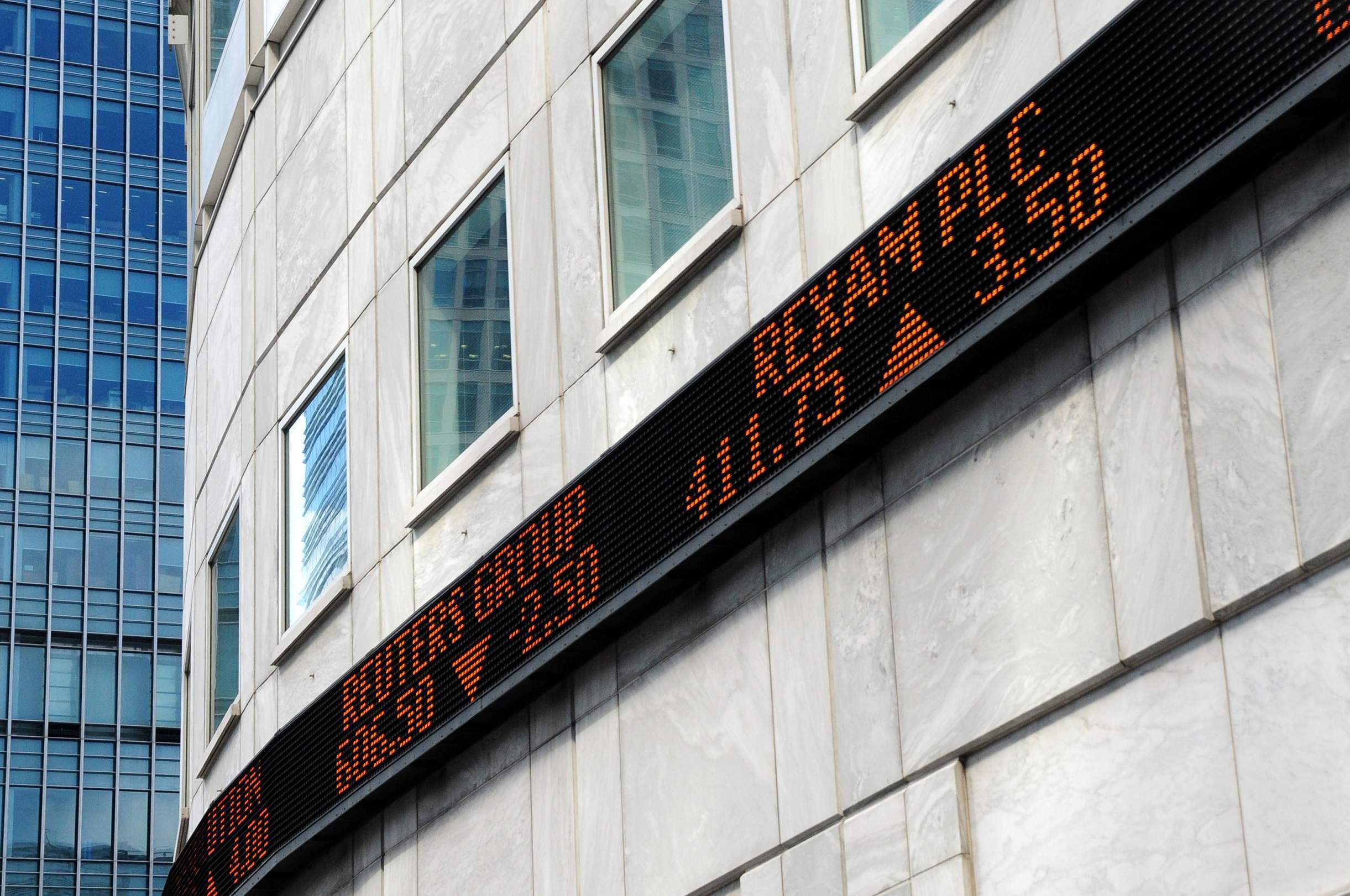
Prior to the referendum vote last June, the International Monetary Fund (IMF) warned that leaving the European Union (EU) was a significant risk for Britain and the rest of the world.
The IMF’s chief economist, Maurice Obstfeld, said the vote created uncertainty for investors and could cause “severe regional and global damage by disrupting established trading relationships.”
Since the “Yes” vote in 2016, how have global markets taken to the Brexit decision?
Immediately after the vote
As a result of warnings such as from the IMF, when the British public returned decided to say yes to Brexit it caused quite a shock in the world markets. The pound, in particular, fell to levels not seen since the mid-1980s.
There were also concerns amongst investors that other European countries may choose to follow suit and leave the union.
However, the markets stabilised relatively quickly, and the FTSE 100 recovered and was up on where it had finished on 23 June.
How well do you really know your competitors?
Access the most comprehensive Company Profiles on the market, powered by GlobalData. Save hours of research. Gain competitive edge.

Thank you!
Your download email will arrive shortly
Not ready to buy yet? Download a free sample
We are confident about the unique quality of our Company Profiles. However, we want you to make the most beneficial decision for your business, so we offer a free sample that you can download by submitting the below form
By GlobalDataThe drop in the pound is good for some
A fall in sterling has meant that exporters are doing pretty well. This makes their goods cheaper abroad and allows them to increase their profit margins.
As well, foreign investors are more likely to come to the UK to purchase assets and housing, because it is cheaper for them to do so.
How is the FTSE100 faring?
As a result of the weaker pound, the FTSE 100 has risen 16 percent since last June. This is because, for companies who calculate their profits in dollars, they will see a rise when converted back into sterling.
However, it wasn’t Brexit that knocked FTSE 100 companies, but the UK prime minister Theresa May’s announcement of a snap election that reportedly took £45bn off the values of shares in the index. When May announced the election in April, the index suffered its worst day because the pound went up.
And the FTSE 250?
The FTSE 250 is carrying on in a similar way, despite the fact it has more domestic firms. The index is thought to be about 11 percent higher than it was before the referendum vote.
The index hit a record high in March, closing at 19,029 points – showing that maybe the Brexit angst was unfounded.
What does the IMF think now?
Earlier this year, the IMF upgraded the UK’s 2017 forecast projecting the economy would grow 1.5 percent as opposed to 1.1 percent, as the country had fared “better than expected.” This brought its predictions in line with the Bank of England and the Office of Budget Responsibility (OBR).
However, it downgraded the country’s growth for 2018 to 1.4 percent, down 0.3 points from 1.7 percent.
What can we expect next?
The pound hit a seven-month high against the dollar last week, pushing sterling to the $1.29 mark. This is thought to be because May is polling well ahead of the snap general election in June. This caused the FTSE 100 to fall, down 0.71 percent.
If confidence remains high in May, then the pound could stay up, keeping the FTSE 100 down. However, sterling is fairly volatile at the moment so it’s something that will need to be watched closely.
To keep track of confidence in the UK since the Brexit vote, follow Verdict‘s Brexit sentiment tracker.







